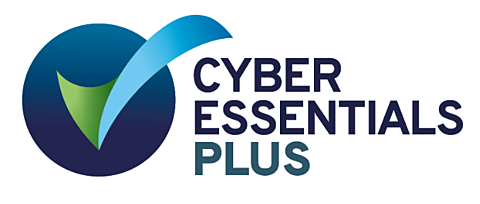Broadening Horizons
13 Dec 2021
Troubled waters
Our client had been through some difficult times, both as a trustee board and as a sponsoring employer. They had, quite sensibly, decided to conduct a review of their scheme governance and trustee effectiveness.
However, the process they went through with a competitor of ours was challenging, dispiriting and produced a quite damning verdict. Nonetheless, the trustee had worked through the recommendations and were now ready to re-assess where they were. They wanted to take stock of how far they had come, but also think about where they were going.
The trustees were understandably reticent about another effectiveness exercise. The memories of the first were still relatively fresh. We were appointed because we were able to demonstrate an awareness of the sensitivities inherent in any such exercise: the need to balance competing interests, understand different views and personalities, and to create an open, supportive and collaborative exchange of opinions and views.
Taking stock
There were two main parts to the review: to look back at the original findings and ensure the recommendations had been implemented, and to consider the future strategy and the tools the trustee would need to reach their goals.
Having got up to speed with a review of key documentation, we observed a number of trustee board and committee meetings. It is important to see the ways of working in practice, to understand the personalities and interactions in a meeting and to get a feel for the culture of the trustee. We also held a series of interviews with advisers, the pensions team and a sample of trustees.
This was followed by a survey created specifically for the client. This was an informative way to test self-perception. We had formed our views and could now test those against how the trustees saw themselves. In the end, they were quite a good match. The trustees were aware of their weaknesses, but we also helped them to see their strengths.
More interviews followed. We helped the trustees to take a step-back and think about the future. Where did they want to go and what did they need to get there? And what barriers were over the horizon?
Our findings were documented in a report with clear recommendations on how to proceed.
Moving forward
Our key recommendations were three-fold and were lessons that are applicable to many trustee boards. Increasingly, independent trustees are on boards and committees and they, understandably, bring a greater level of knowledge and experience.
This makes it important that the pace of meetings and discussions does not leave behind the lay trustees. Everyone needs to be comfortable with the decisions being made and the debates taking place.
This client had a high turnover of company trustees. This was an issue, and the sponsor has a culture of supporting their people and members, so were keen to ensure that trusteeship became seen as a step on the career ladder and a chance to learn transferable skills.
Finally, in order to meet the challenges over the horizon, the trustees needed to look at how they were structured. The Committee structure was not working as efficiently as it could, and we identified ways to improve how Committees manage work, and how the trustee board delegates.
There was plenty of food for thought for the trustees to take forward and we left them with a positive view of the progress they have made and their strengths, but an awareness of weaknesses to address as they move forward.
Key learnings
- Effectiveness and governance reviews can be quite sensitive. It is important to consider the viewpoint of those being interviewed and to ensure that an open forum is available for people to put forward their views.
- There is a tendency to accentuate the negatives, which can be demoralising. It is rare for a trustee board to be wholly ineffective, so it is important to think about the positives as well.
- Governance reviews are not just about a point in time. This review looked at how far the trustees had come, where they were now and where they wanted to go next. A governance review offers the best value when it is done in the context of the past, present and future.


